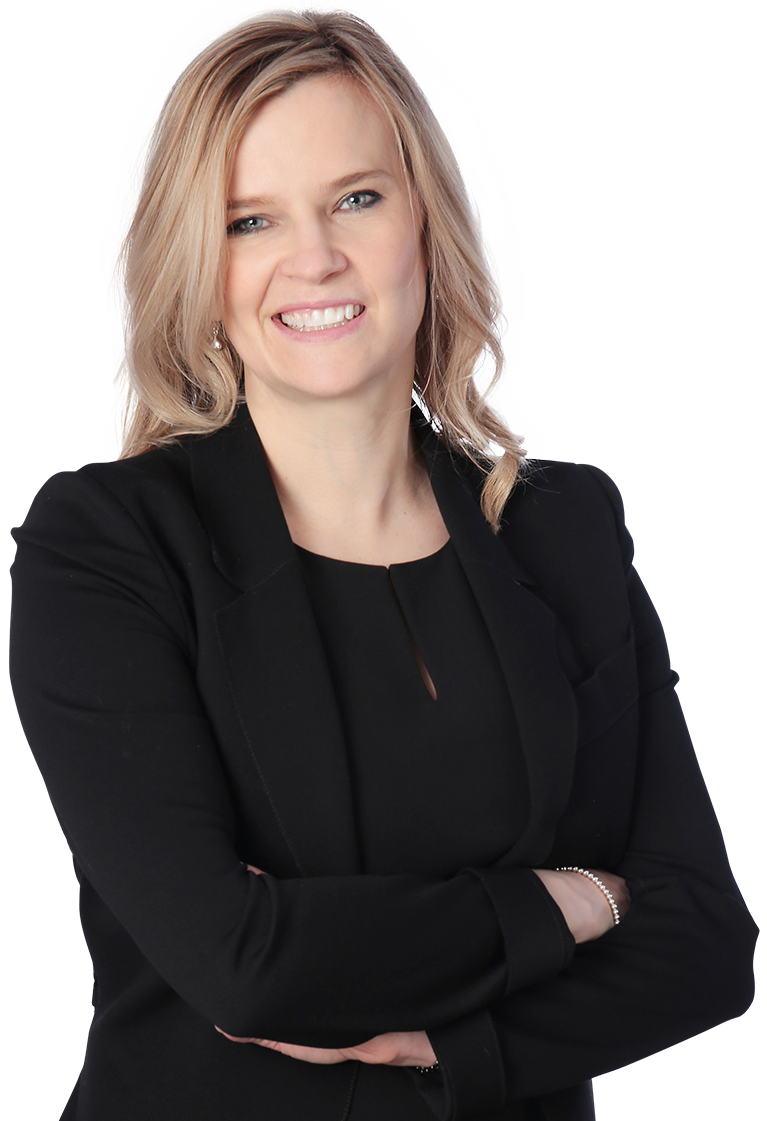When I was sent home from work with nothing but my laptop on March 11, 2020, I didn’t know what to expect. I had always kept my work at the office, and rarely brought work home. Suddenly my worlds collided and it was a shock. I decided to learn as much as a could about what the pandemic meant and how long it would last. I reunited with an old friend from London who’s a prominent epidemiologist in Toronto, and followed his social media posts and appearances in the news. I realized that we were in this pandemic for the long haul. Work-from-home (“WFH”) was our new reality.
I decided from Day One of WFH that not only was I up for the challenge, for as long as necessary, I would also find a way to exceed my traditional goals. I would finally become completely paperless, out of pure necessity, and I would embrace all technology available to me to continue to help my family law clients during the pandemic. I would not let down my family law team at Lerners LLP in London. My law clerk and assistant supported my remote work seamlessly and continue to do so.
I learned quickly that my ongoing litigation clients needed their cases to continue despite the early suspension of the courts. I found that the best way to do this was to push the opposing lawyers to treat the cases as though the looming trial and motion dates were not suspended. As experienced lawyers, we found a way to keep the pressure on our clients to resolve their matters. Resolution didn’t happen with every court case, but it did with many, and my clients’ interests were advocated. At no time did I tell my clients with ongoing court cases that their matters were “on hold”, or that I couldn’t do anything for them until the courts re-opened. I drafted countless versions of Offers to Settle with aggressive timelines for costs during the first few months of the pandemic to keep the pressure on the opposing party, and this helped maintain the attention needed on my court cases.
Cases outside court require different strategies and approaches. I’m likely guilty of pestering the opposing lawyers, but I was not going to let matters languish. I have been more available WFH than I had ever been in the office. I have conducted several Zoom settlement meetings, and my work cell phone has become an easy way to reach me. Fortunately, most opposing lawyers have decided to engage in productive negotiations on my matters. We have moved the cases forward by setting strict timelines for financial disclosure and other steps in the cases. The level of civility and respect between family law counsel has never been higher.
Many cases of mine are complex with corporate and tax issues, with expert reports being needed, and the work of experts requires time. I have several matters going to mediation, or mediation-arbitration, because the disputes are too significant for the lawyers and duelling experts to resolve on their own. Most of these complex cases are resolved through Alternative Dispute Resolution (“ADR”) methods, out of court, for reasons that include privacy and control over the timelines.
As the courts slowly re-opened, with most hearings happening in London’s Family Court being by Zoom or phone, I have successfully brought, and defended, urgent motions; attended conferences; and have “spoken to” the status of matters. I applaud the judges for adapting to electronic filing of documents, and the use of Zoom. One judge was so proficient with the use of “breakout rooms” during a settlement conference on Zoom that it seemed as though His Honour has been doing this for years. I fully expect that the changes being made in court will be long-lasting. Paper is cumbersome and wasteful, and virtual hearings by Zoom are highly efficient so far. Most trials have mostly been postponed to the Spring of 2021, and it remains to be seen how they will be conducted.
I have continued to take on new clients, and have started some new court cases. An effect of the pandemic is that families are experiencing financial stress, challenges of pandemic parenting and schooling, and the unknowns of what to expect in the future and when things will improve. This has caused an increase in the number of marriage and relationship breakdowns. I continue to use the same methods to negotiate and push matters forward in negotiations of new matters, and I continue to be successful with the opposing lawyers who have modified their “pandemic” family law practices. The opposing lawyers know that I will be responsive and attentive to the cases. My clients can reach me easily by way of phone, email and Zoom.
My family law colleagues are one click away by video conference or “chat”, and we “meet” weekly or bi-weekly. We talk about our challenges, successes, and experiences since the pandemic, and manage to stay connected as a team, knowing we’re not alone in this challenge. We have one-to-one video chats regularly to discuss certain cases or issues. These connections alleviate the isolation of WFH.
I see this time as one of transition and innovation, and making progress to serve our clients at the highest possible level. When this is over, much of what we’ve learned will be part of the standard practice of family law. Judges, court staff, lawyers, mediators, arbitrators, law clerks and legal assistants, with counsellors, social workers and various other professionals who support children and families in crisis - are all in this together with the people to help people, who are often very vulnerable, resolve their family law disputes.
I’m proud to be part of our London Family Law team. We have taken an unpredictable situation of adversity, and have shown resilience, perseverance and adaptability, to continue to serve the needs of individuals in a family law crisis.
This article originally appeared on The Lawyer's Daily website published by LexisNexis Canada Inc.
